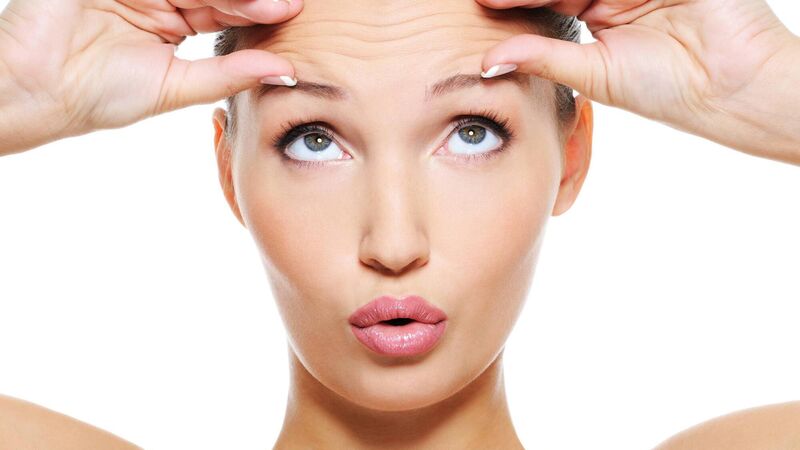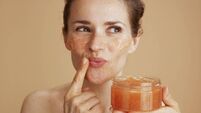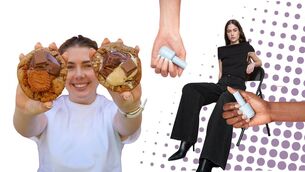The Skin Nerd: These are the three age-related skin questions I get asked all the time

The Skin Nerd: How can I prevent ‘turkey neck’?
Ageing is a gift - and inevitable of course, so before we start discussing age-related skin issues, don’t be fooled into thinking that I suggest we try to stop the path of time. The only type of ageing we are looking to prevent here is accelerated ageing (that’s ageing before your time), and we can help prevent it with healthier lifestyle choices and by using the most suitable skincare products.
Like other areas of life, our skin condition, texture and appearance change as we age, and your skincare priorities should adapt accordingly. Whilst each person has unique skin, there are some general elements that those of certain age groups should incorporate into their regime for optimal and long-term skin health. Here, I share my skincare wisdom to guide the resolution of three timely skin queries.







